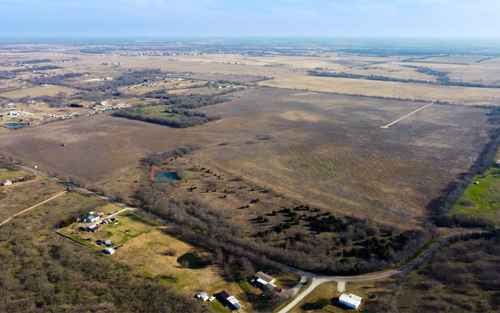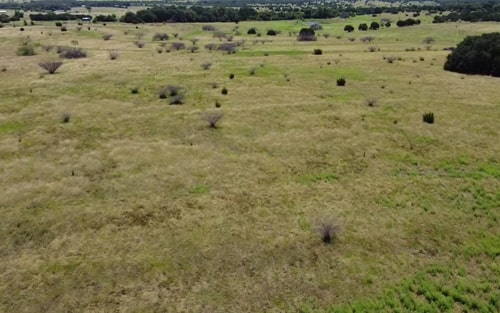Detailed Feasibility Study for Land Development
A thorough feasibility study for land development serves as an all-encompassing evaluation of a property's developmental prospects.
This study scrutinizes a broad array of elements, from market analysis and technical considerations to financial forecasts,
regulatory compliance, planning concepts, consultations with approval agencies, and risk evaluations. Below is an elaborate
breakdown of the usual components incorporated into this type of study:
Project Initiation and Documentation Procurement
1.1 Coordination and Initial Assessment
- Coordinate with the Client, City/ County Staff and Utility providers to establish project parameters, constraints, and land suitability. Evaluate project viability and initial design requirements.
1.2 Documentation Procurement
- Procure essential documentation, including easements, as-built plans, zoning regulations, and existing utilities data.
- Basic study of neighboring properties and developments for potential impacts on the project.
Civil Engineer Engagement and Preliminary Planning
2.1 Preliminary Site Analysis
- Engage a civil engineer to assess land viability and gather technical data for the property.
- Review topography, utility access, zoning regulations, and environmental considerations.
2.2 Concept Planning
- Collaborate with the civil engineer to create a basic concept plan that aligns with the client's vision and incorporates initial property understanding.
- Use the concept plan for discussions with City/ County officials to obtain their initial feedback.
2.3 Predevelopment Meeting
- Schedule a predevelopment meeting with City/ County officials to gain insights into the city's perspective on the project.
- Seek clarification on any early concerns or requirements from the authorities.
Due Diligence and Project Evaluation
3.1 Due Diligence Report
- Provide the client with a comprehensive Due Diligence Report and a summary of findings.
- Include assessments of land compatibility, challenges, and constraints.
3.2 Preliminary OPCC
- Offer an Engineer’s Opinion of Probable Cost for (1) client-approved concept plan, prior to proceeding with design engineering for necessary public infrastructure.
- Enable the client to make informed decisions based on anticipated project costs.
3.3 Zoning and Regulatory Compliance
- Review local zoning codes and regulations to ensure alignment with the proposed multifamily development.
- Identify potential needs for zoning variances or special permits and assess building restrictions.
3.4 Risk Assessment
- Identify and assess potential risks and uncertainties that may affect the project.
- Determine any requirements for easements or land dedications, including areas to be left undeveloped.
Market Study:
- Assess current real estate trends, demand, and supply within the target area to understand
market dynamics.
- Evaluate existing and planned developments nearby to identify competitive advantages and
potential market saturation.
- Analyze local population growth, income levels, and employment rates to gauge potential buyer
or tenant demand.
- Define the profile of potential buyers or tenants based on demographic and psychographic
factors.
- Estimate property values, rental rates, and sales prices based on market conditions and
comparable properties.
Financial Proforma Creation:
- Cost Estimation: Calculate projected construction, development, and operational costs to
determine the overall budget.
- Estimate potential income from sales, leases, or rents, including expected growth rates and
occupancy levels.
- Assess potential return on investment (ROI) and profitability through detailed financial
projections, including gross and net margins.
- Identify the total funding needed, including equity and debt financing, and outline strategies for
securing necessary capital.



